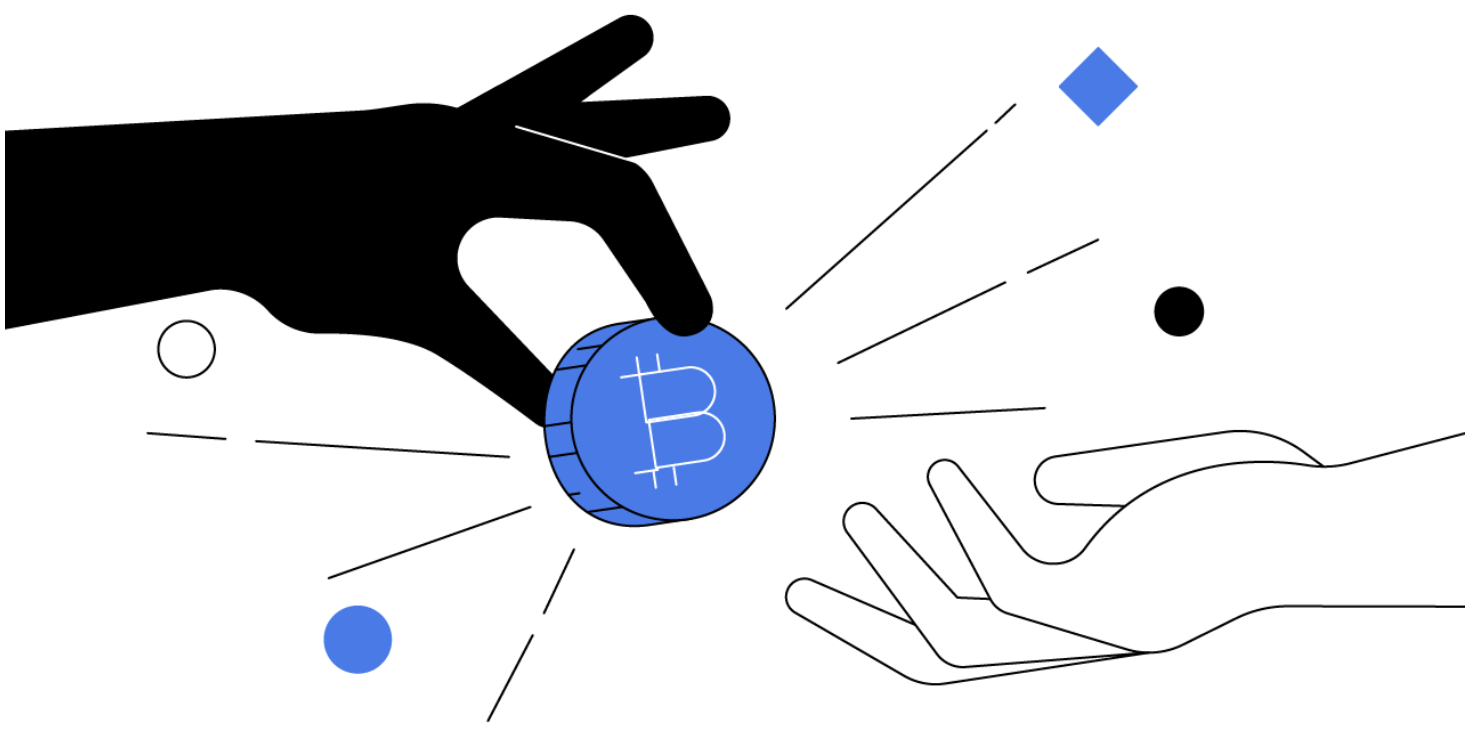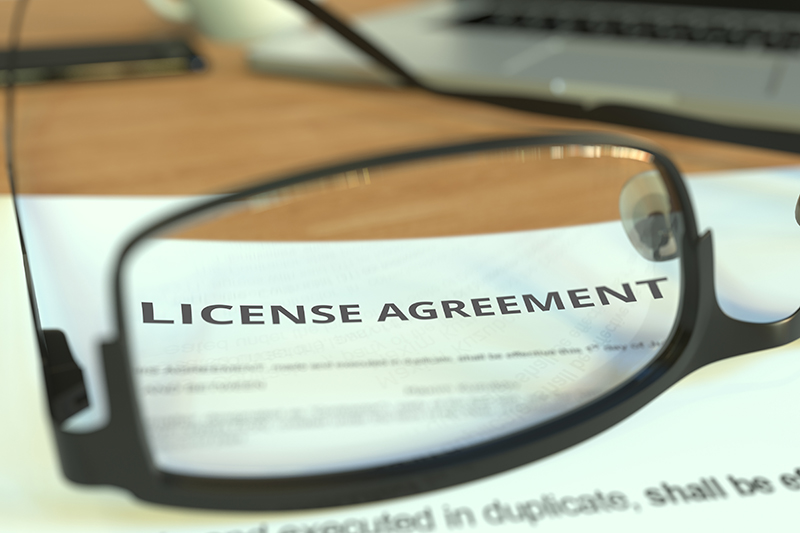Artificial intelligence and legislation

In today's world of technology and computing, artificial intelligence (AI) is undeniably one of the most important areas of development. However, with its advancement, a number of challenges arise, especially in the regulatory contextin Poland. § Artificial intelligence and regulation
One of the main challenges associated with AI is the issue of liability. As AI-based systems become increasingly autonomous, the question arises as to whois liable for any errors or damage caused by these systems. Is it the AI provider, the user or perhaps the algorithm itself? Polish legislation faces the task of resolving these questions in a clear and fair manner.
Poland has laws regulating some aspects of artificial intelligence. One of the key pieces of legislation in this context is the Government bill on artificial intelligence, which aims to regulate issues related to the responsibility, ethics and safety of AI. This bill also focuses on the protection of the rights of consumers using AI-based services and safeguards against discrimination resulting from the use of this technology.
Mention should also be made of the General Data Protection Regulation(GDPR), which is relevant to data processing using AI. The provisions of the RODO require organizations to ensure compliance with data protection regulations when using AI.
In addition, Poland must also align its laws with European Union directives, whichintroduce general rules on ethics, transparency and accountability related toAI. Actions at the EU level influence the formation of national regulations.
It is worthnoting that AI regulations in Poland are still being developed and adapted tochanging technological realities. For people and companies operating in the field of AI, monitoring and adapting to regulations is crucial. At the same time, these regulations are designed to ensure that evolving AI technology isused ethically, safely and with respect for the rights and values ofindividuals.
Legislationon artificial intelligence (AI) in Poland and the European Union
1. Artificial Intelligence (AI) Draft Law: The AI bill is a government initiative to regulate many aspects of AI in Poland.The bill's provisions cover issues such as:
- Liability:The draft introduces rules on liability for damages caused by AI. It specifies that an AI provider can be held liable for defects in an AI product, whichincludes errors in algorithms.
- Ethics:The draft imposes an obligation to create and use AI with respect for ethics,human dignity and human rights.Provides protection against the use of AI for purposes that violate human rights.
- Consumer Protection: The provisions of the draft are aimed at protecting consumers whouse AI-based services. Provides them with access to information about AIoperations and the right to seek redress in the event of damage.
2. General Data Protection Regulation (RODO): The RODO is a key piece of legislation in the context of AI, as itregulates the processing of personal data. Companies and organizations using AI must comply with the provisions of RODO regarding the collection, storage and processing of personal data.
3. European Union AI Directive: The European Union is developing an AI directive to ensure that developing AItechnology is in line with European values and principles. The directive isexpected to focus on the ethics, accountability and transparency of AI.
4. Consumer Rights Directive: AI regulations affect consumer rights, especially in the context of services based on this technology. The Consumer Rights Directive regulates consumers' rights toinformation and protection against unfair practices.
5. Copyright and Intellectual Property:Copyright and intellectual property issues in the context of the creation and use of AI algorithms are governed by copyright and patent laws. Protecting the results of work on algorithms is important, both for creators and users of AI.
6. Civil Code: The provisions of the Civil Code may be applied in cases of AI-related violations, especially insituations where there is damage resulting from the operation of AI.
7. Criminal Code: In cases of AI-related legal violations, the provisions of the Criminal Code may also be applied, especially in cases of cybercrime, privacy violations or fraud using AI.
Artificial intelligence (AI) regulations in Poland and the European Union are an increasingly important part of law and technology. As AI develops and becomes more widely used, appropriate regulations become crucial to ensure that thiscutting-edge technology is used ethically, safely and with respect for therights of individuals.
The draft law on AI in Poland focuses on key issues such as liability, ethics and consumer protection. It introduces liability rules for damage caused by AI, and imposes an obligation to create and use AI with respect for ethics and humanrights.
The General Data Protection Regulation (GDPR) plays an important role in the context of AI,as it regulates the processing of personal data, which is often an integralpart of AI-based solutions.
The European Union is also working on an AI directive to ensure that AI technologies comply with European values and standards.
Copyright, intellectual property, and civil and criminal codes also affect AI issues and can be applied in cases of infringement or litigation.
All of these laws provide a legal framework to ensure that evolving AI technology serves society and the economy while respecting the rights and values of individuals. For companies and organizations using AI, compliance with these regulations is not only a matter of legality, but also a matter of building user and customer trust and maintaining an ethical approach to the technology. As AI continues to evolve, monitoring and adapting to changing regulations becomes essential to operate in a manner that complies with current regulations and contributes to technological development in a responsible manner.
§ Artificial intelligence and legislation




